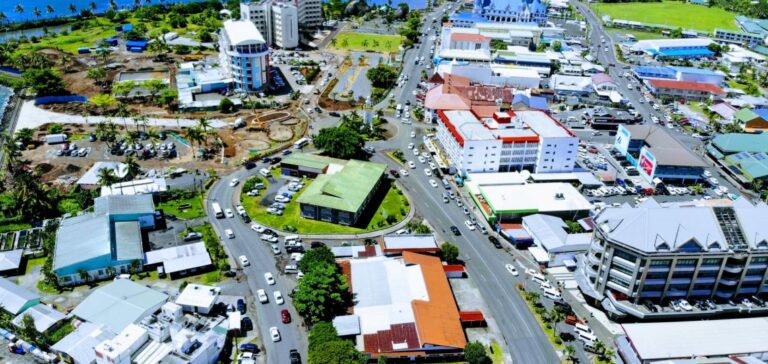Authorities in Samoa have declared a state of emergency following a prolonged failure of their main thermal power plant, leading to electricity cuts across the island of Upolu. The decision, announced by Prime Minister Fiame Naomi Mata’afa, comes as the Pacific archipelago faces an ongoing energy crisis, worsened by storm damage that occurred in early March.
The diesel-powered Fiaga plant has seen its generators fail successively over recent weeks. As a result, a significant portion of the population, estimated at 200,000, is experiencing severe energy rationing. The government confirmed that power rationing and the temporary closure of businesses will have a direct economic impact on the country’s operations.
Pressure on infrastructure and economic consequences
Authorities indicated that adverse weather conditions further damaged energy installations. The storm not only paralysed ongoing repair efforts but also affected the safety of residential buildings and public services. In response, several sectors have suspended operations, adding strain to an economy already reliant on fuel imports and international assistance.
The Prime Minister emphasised that the reduced output of the Fiaga plant has severely limited electricity distribution. Prolonged outages in residential and commercial areas have increased network vulnerability and complicated the management of local resources.
Response measures and aid mobilisation
As part of the emergency declaration, the Samoan government has begun ordering temporary generators to address the immediate power shortfall. It is also seeking critical spare parts to restore the defective systems at the Fiaga plant. This situation has placed the entire national energy infrastructure under pressure, as authorities work to quickly secure a partial restoration of production capacity.
The state of emergency also aims to expedite diplomatic and logistical procedures needed to receive foreign support. No specific timeline has been announced for stabilising the grid, but officials confirmed that immediate efforts are focused on maintaining essential services and ensuring public safety.






















